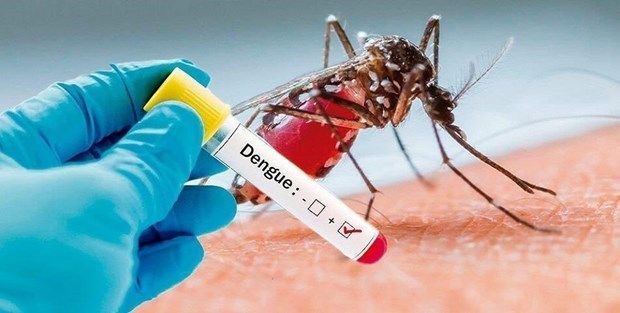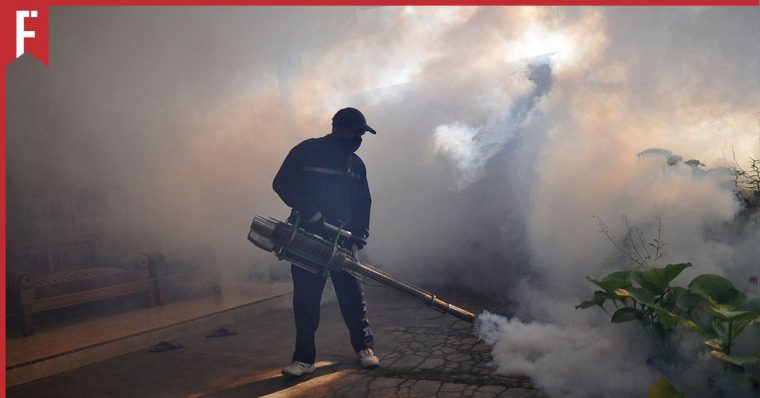
I remember the first time I ever saw a mosquito fogging.
It was on my way home from school. As I was walking back, I heard a loud rumbling sound. When I got closer, I noticed a lot of white smoke in the air.
‘Is there a fire?’ I thought, rushing over to check.
Instead, I received the shock of my life when I rounded the corner and found a giant truck driving slowly down the road. There was a machine attached to the back belching out a thick cloud of strange smelling white smoke. I noticed several other kids from my school chasing after the truck, yelling and waving their hands excitedly as they tried to get close enough to touch it.
Feeling scared and confused, I rushed back home to tell my mum about what I’d seen.
“Oh, that’s just the fogging truck,” she said, explaining that they were using chemicals to kill mosquitoes. “I don’t know who decided it’d be a good idea to start fogging right after school finished, though. Aren’t they worried about kids getting sick?”
The Buzzing Menace
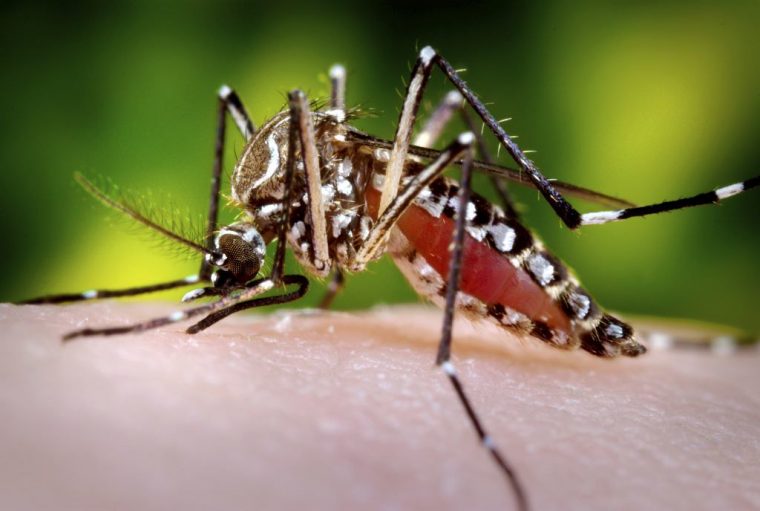
Even before COVID-19 had reached our shores, Malaysians’ health system was already busy dealing with a massive rise in dengue cases.
Mosquito-borne diseases had already been surging alarmingly over the past few years, but in August 2019 things came to a head when the Ministry of Health (MOH) announced that they had received a record-breaking 80,000 dengue cases — nearly double compared to the same period in the year before!
Mosquitoes are seen as such a serious threat that our government has poured an eye-watering amount of resources into methods to cut down their numbers. Malaysia spent around RM308.1 million on the National Dengue Vector Control Program in 2010 alone.
Yet despite all this money, mosquitoes still remain a major threat even to this day.
The Trouble with Fogging
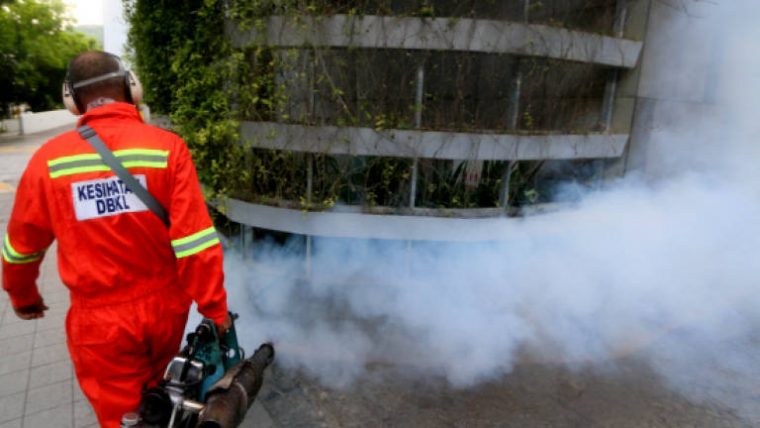
Over the past few years, many local companies such as Kleen Diesel have been coming out with better tools to make mosquito fogging activities more efficient. But even with these innovations, is all this fogging actually worth it?
In the past, Malaysians have relied heavily on fogging in order to kill mosquitoes. However, pumping all these chemicals into our homes and neighbourhoods comes at a cost — not just to our environment, but to our health.
Studies from the Citizens Environmental Research Institute (CERI) have found that the pesticides used to kill mosquitoes can cause a variety of negative effects on humans including skin and eye irritations, dizziness and nausea and difficulty breathing. Furthermore, long term exposure is suspected of causing chronic health issues such as immune system disorders.
Aside from that mosquito fogging also has an environmental effect. After all, when you spray a load of chemicals into the air, it’s not just the mosquitoes that are going to be affected. A 2020 research study suggested that fogging activities were killing off many other local species including beneficial pollinators such as bees and butterflies.
To make matters worse, newer generations of mosquitoes have begun developing increasing resistance towards commonly used fogging insecticides, making them less and less effective in the long term.
Unless we plan to cover our neighbourhoods with dangerously high levels of toxin, Malaysians need to find better, less destructive ways of combating mosquitoes.
6 Natural Ways to Get Rid of Mosquitoes
If you’re being kept awake by buzzing at night, here are a few steps that you can take to control your local mosquito population:
1) Start Cleaning Up Your Home
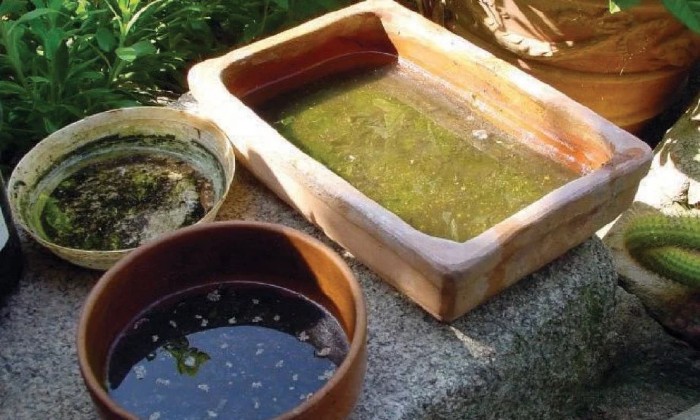
If we’ve heard it once, we’ve heard it a thousand times. Jangan buang sampah kat luar!
Make sure to clear up things like pots, buckets, garbage cans, etc. where water can accumulate. Most mosquitoes can only travel a short distance, so making sure that they don’t have a safe space to lay eggs can go a long way to reducing their numbers.
2) Use Essential Oils
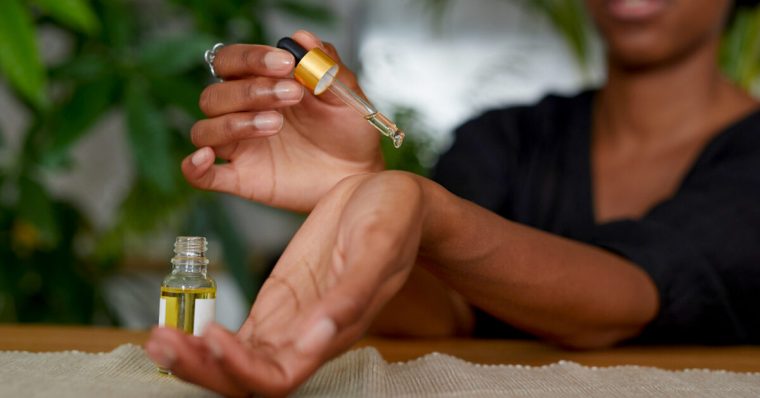
Like many insects, mosquitoes possess a very strong sense of smell. This makes strong-smelling oils a good way to keep them at bay. A 2010 research study found that tea tree oil (melaleuca oil) in particular seems to be an effective way to repel insects such as mosquitoes.
3) Put Your Gardening Skills to Good Use

If you’ve got a green thumb, there are certain types of plants and herbs that you can grow to create a natural barrier against mosquitoes. Aromatic plants such as lemongrass, mint and basil are not only great for keeping mosquitoes away but can even be harvested to add a little extra oomph to your homemade dishes.
4) Get a Fan
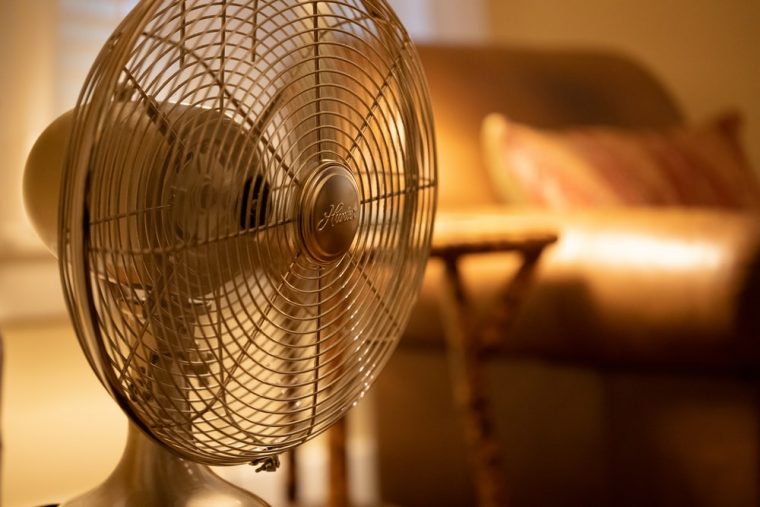
Sometimes the simplest solution is best. Mosquitoes fly at an average speed of 2km/hr., meaning that even a relatively gentle breeze can send them tumbling off in the other direction. A basic fan can not only push mosquitoes away but also get rid of the sweat and odours that they use to find you.
5) Share Your Love for Coffee (Grounds)
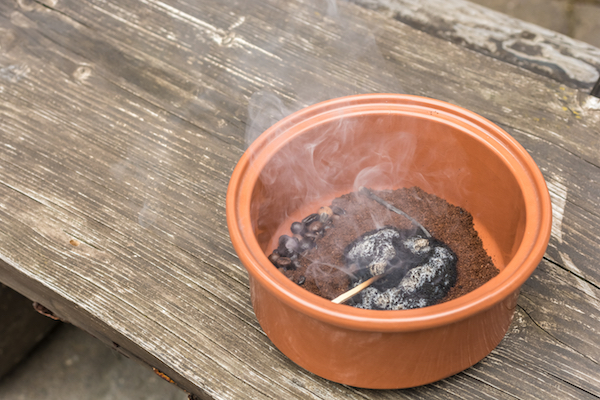
If you’re a caffeine addict, don’t throw away your used coffee grounds. Dry them out and place them in a bowl or flat surface outside, then add a few drops of lighter fluid to make it easier to burn before lighting it up like incense. The smoke and smell will scare away not only mosquitoes but also other pests such as wasps.
6) If All Else Fails…

Researchers have actually found that certain songs (for example, “Scary Monsters and Nice Sprites” by Skrillex) can be used to repel mosquitoes because they’re sensitive to low-frequency vibrations.
The good news is that just 10 minutes of Skrillex makes female mosquitoes less interested in breeding or eating. The bad news is that after 10 minutes of listening to it you probably won’t be in the mood either.
Mosquitoes Aren’t Just An Annoyance — They’re a Threat
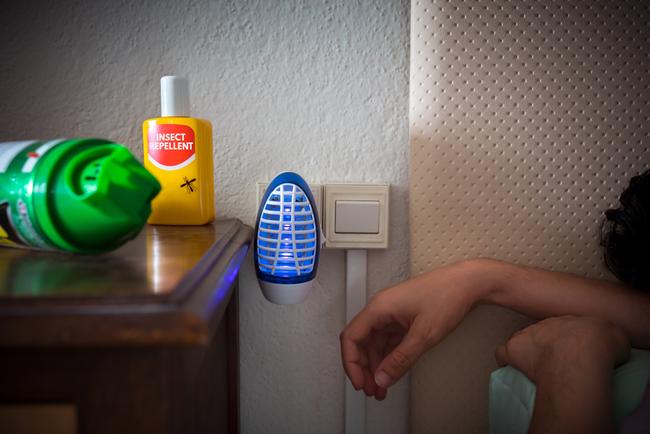
COVID-19 may have been taking up all the headlines for the past few years, but that doesn’t mean that we should forget about all the other diseases that are still hanging around. According to the Ministry of Health (MOH), since the start of this year, there have already been approximately 5,604 cases of dengue reported between 2 January 2022 and 1 March 2022!
The plus side is that mosquito-borne diseases are still something that we can fight.
While it may take a little more effort than staying home and wearing a mask, I’d say that it’s still well worth it. After all, even without the dangerous illnesses, who wants to live in a house filled with mosquitoes buzzing around all night?
If you’re interested in a first-hand account just how dangerous dengue can be, be sure to check out:
COVID-19 Isn’t the Only Pandemic We Should Be Worrying About | The Full Frontal
